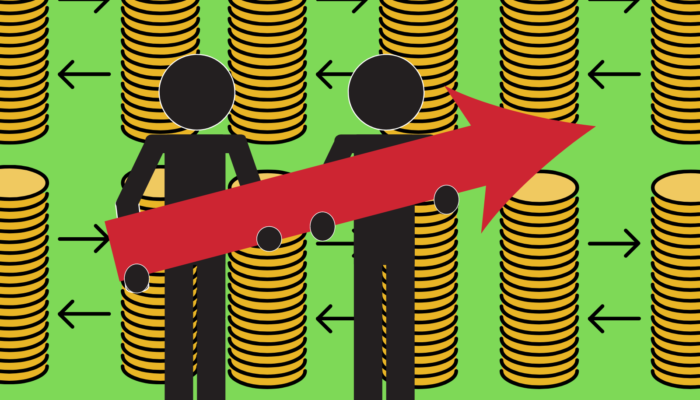The scoop: New construction needs to prioritize sustainable practices to prevent an energy crisis in the future. Real estate investors are starting to take notice.
Facts and figures:
- The World Economic Forum reports that over 37% of global emissions in 2020 came from buildings. And not just new construction: 69% of those emissions stemmed from operating existing buildings.
- Investment in the energy efficiency of buildings continues to climb. It reached more than $180 billion in 2020, up 11% from the previous year.
- New sustainable buildings alone will present a $24.7 trillion investment opportunity in emerging markets by 2030.
Bottom line: Investors are and will always be driven by returns. But the private sector is starting to realize the necessary risk assessment and tax burdens associated with energy-sucking real estate. Green building is the future.
Dig deeper → 3 min







